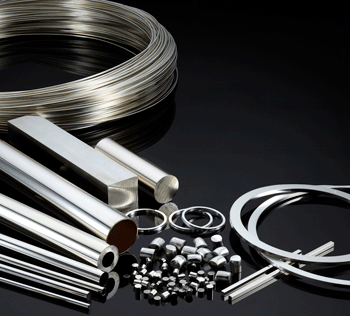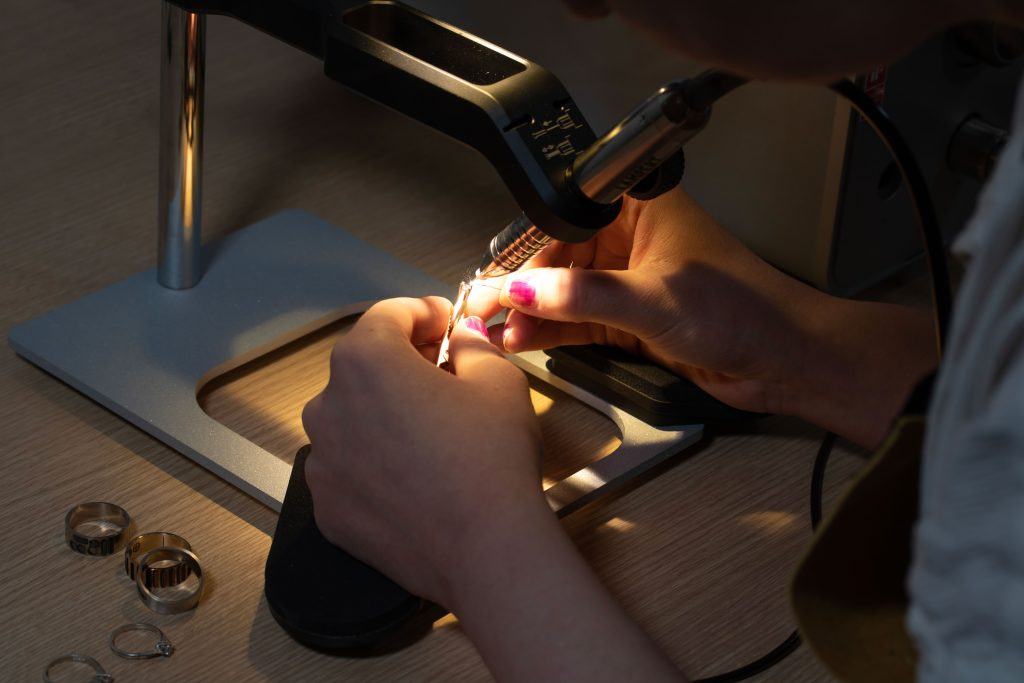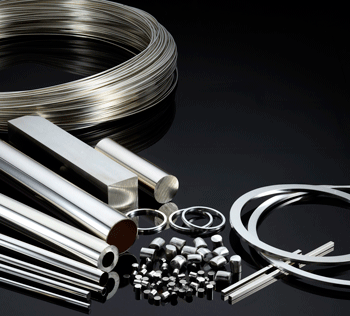Renowned for its strength and durability, platinum continues to remain a favourite amongst jewellery makers. A great choice for engagement rings, wedding ring bands and more, why wouldn’t you love platinum? Less prone to damage, and tarnish resistant meaning little to no need for repair and upkeep, platinum jewellery can last a lifetime.
If you’re new to working with platinum then we have a basic overview which covers just some of the positive points of the metal. Once you start to understand the benefits of using platinum in your jewellery making then you may have more questions around the best way to use the metal, different melting points, cleaning and polishing the metal and more so we’ve compiled what we think are some of the top questions and answers that may help you master the art of platinum jewellery making.
Popular Platinum Questions and Answers

What are the key properties of platinum?
Platinum is a malleable metal that is highly dense and pure. As a result, the metal is incredibly tough and wear resistant making it ideal for jewellery that is worn daily and particularly favoured for creating pieces that hold highly valuable gemstones. Platinum does not tarnish making it an excellent choice for long term wear, has good workability and a high melting point.
What soldering techniques are suitable for platinum?
Platinum can easily be soldered and most techniques will work. Whether you prefer furnace soldering, pulse arc welding, TIG welding or laser welding, platinum is open to most methods of joining but of course the favoured technique for jewellers is soldering at the workbench and this works just fine.
When soldering platinum it is important to understand that platinum solder options have very high and varying melting points:
- Extra easy platinum solder – 935-955
- Easy solder – 1010-1030
- Medium solder – 1180-1220,
- Hard solder – 1420-1445,
- Extra hard Solder – 1680-1700
These high melting points will require a blowtorch that can deliver a hot focus flame, typically using oxygen, the Smiths Little Torch is a great option for this.
Top Tip – If not soldering with an oxygen torch then consider laser welding, platinum is particularly well suited to this!

Can platinum be polished?
Yes, but it requires a bit more effort. Unlike most metals, platinum does not easily damage, when scratched the metal in fact displaces so as a result, professional polishing is recommended. A range of files and sandpapers, a polishing motor and the right finishing compound as well as a steam cleaner are the main tools you will need.
It is important to ensure that the piece is first cleaned. Starting with a coarse grit file or sand paper, begin smoothing any bumps and scratches. As platinum is so tough, scratches won’t easily remove so it is important to note that starting with the coarse grit and moving to finer grits slowly is considered the best method. Once this has been done you can then use a polishing wheel to polish all areas of the piece. Once the surface is scratch free you can use a buffing wheel and polishing compound to restore the finish. There are specific platinum polishes that will work well in this process. It is important to ensure that you clean your polishing wheels and buffs after each step to avoid residual material causing further damage to the piece.
Can Platinum be used in casting?
Yes platinum can be used in casting but due to its high melting point, the right equipment and experience in the process are essential.
Can I use the same tools for platinum as I do for Gold and Silver?
No, it is generally advised that tools are not mixed between metals as any residual chemicals and even bits of metal from polishing can cause damage. Platinum although a tough metal, is sensitive to contamination which is why it is generally advised to use separate tools (or tools that have been thoroughly cleaned), and a clean work surface.
Can platinum scrap and filings be reused?
Yes, any leftover platinum can be reused, but it is important to ensure that this is kept separate from other metals to avoid contamination. A separate box for any spare cut offs or sweepings from your bench is advised. Keeping your platinum separate will ensure it is kept clean and free from contamination and therefore can be re-melted, mixing with any other metal scraps will contaminate your platinum.
These are just a few of the common platinum questions we find those new to this metal will have. Working with platinum requires skill and expertise which will take time to master, but as long as you fully understand the unique properties of the metal and some of the more crucial do’s and don’ts then your work process should be problem free.
We have a team of experts always on hand to help so if you have any queries on platinum or need further guidance then contact our expert team – or why not head over to our social pages where there is always someone on hand to help!

Cooksongold

